How Labor can make Australia better
Many were hoping for a minority government moderated by the Senate.
It made perfect sense. Two mainstream sides of politics have served up the same gruel for 15 years. The gruel is nasty, and the punters don’t like it. Small changes moderated by a batch of independents are a least-worst option.
For a nation that only yesterday was looking at losing no matter who was in power, it made a kind of sense.
But, as Winston Churchill (not a man I am prone to quoting) once observed, democracy is a least worst kind of world. Australian democracy, flawed though it may be, gave us a sight on how the same can be genius, and yesterday maybe just a glimpse of a nugget in the muck. The genius here is that the ALP in power can no longer hide behind the risk that they may lose power next outing and the risk that some focus group will tell them they may lose a seat if they embark on any sort of policy reform.
The heavens have decreed that rather than a least worst option, Australians can have a government focused on making us ‘winners’ in a manner it gets to decide, with enough time to see things through. The heavens have decided that Australia can have a government that shapes generational change.
That risk is gone, and with that, the ALP now needs to make a call on what they stand for. That call will decide whether the Liberals and Nationals ever become a credible political force within a generation on one side. On the other hand, it will determine whether the Greens become a mere footnote in the history of Australian politics.
The call the ALP needs to make is about what is important and what has priority. If they get this right, they control the narrative and keep the nation, which has just voted for them overwhelmingly. If they get it wrong, they will alienate the electorate that has just voted for them and bring a load of whackos back into political play next election or the one after.
Now, what should have priority, you ask?
Well, the same things we were observing that the ALP and LNP were in lockstep on yesterday is a good place to start.
- Houses and rents
- Energy costs
- Costs of living
- Income increases
- Immigration
And all of those issues come back to the economy
Houses and rents
The ALP has committed to providing insurance for first home buyers and spending on social housing. Okay, that may be a start. But nobody seriously thinks that will nail the issue shut.
Australian house prices are seriously expensive, meaning that millions of Australians are experiencing life deforming indebtedness and that those unfortunate enough to be renting are being creamed.
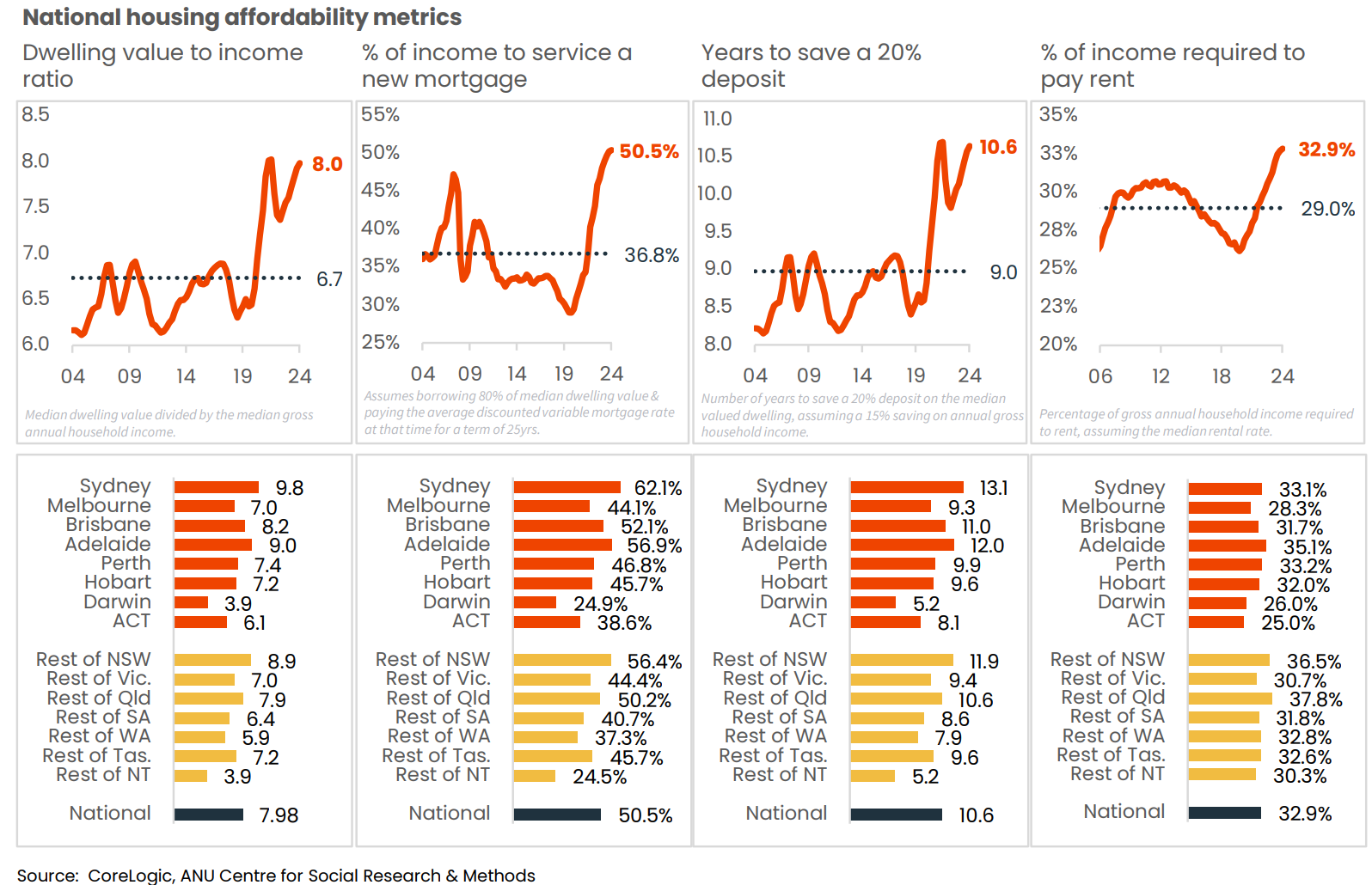
Australia has the second largest housing construction sector in the OECD but still has shortages of people to build houses required.
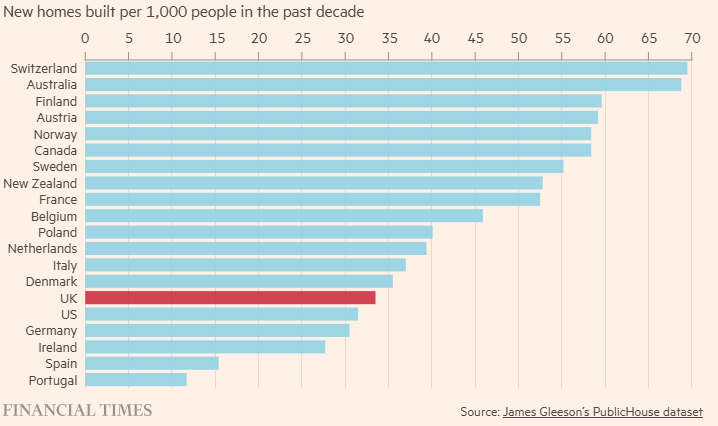
The nearly extinct Greens went to the polls with expunging CGT concessions and Negative Gearing, which have both been touted in the past by the ALP. Swiping them now wouldn’t look out of place and would be something to build on.
Maybe revisiting Australian property ownership by foreign nationals and students could be added, to get a few more dwellings offloaded onto the market without crashing prices.
For sure they will need to build more, but should they be carbon intensive dog boxes in the sky, or can the ALP rejig work from home to make the suburbs viable without ‘industry’?
Then onto renters. Is it right that the generally least affluent get booted whenever a housing speculator can’t stand the heat and needs to sell? Is it right they wear the full brunt of rate hikes, or council rates hikes. Is it right that when their heaters give out or their dunnies cease working or falling branches wipe out their power, they get a runaround?
A little bit of ALP government protection for people who do the hardest of yards (see Morgan Cox) might just remind an entire generation of what the ALP used to tell people it was about, and weld them to the ALP cause for the future.
Energy costs
This should be easy. It was an ALP government that fluffed this back in 2011, and it hasn’t called its error since for fear of being painted as ‘anti business’ by the Liberals or a ‘sovereign risk’ by the gas cartel. That has us selling Australian gas to other nations to burn, gaining little benefit at all from the companies extracting it and shipping it and their amortization smorgasboard funded by Australian taxpayers.
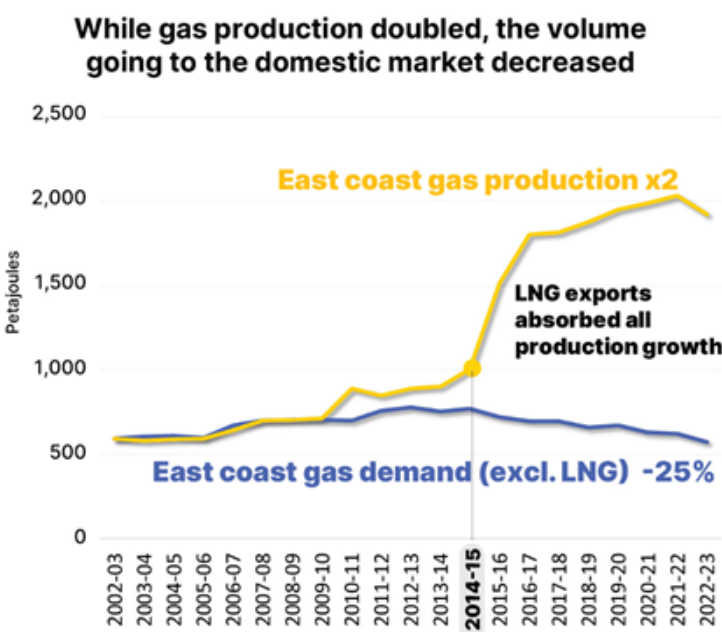
That has had both sides of Australian politics talking about the imperative of a green energy transition for the users of less than 1 percent of the world’s fossil fuels while the rest of the world is on course for failure to reach net zero. For crying out loud, it was Peter Dutton who came out calling for gas reservation.
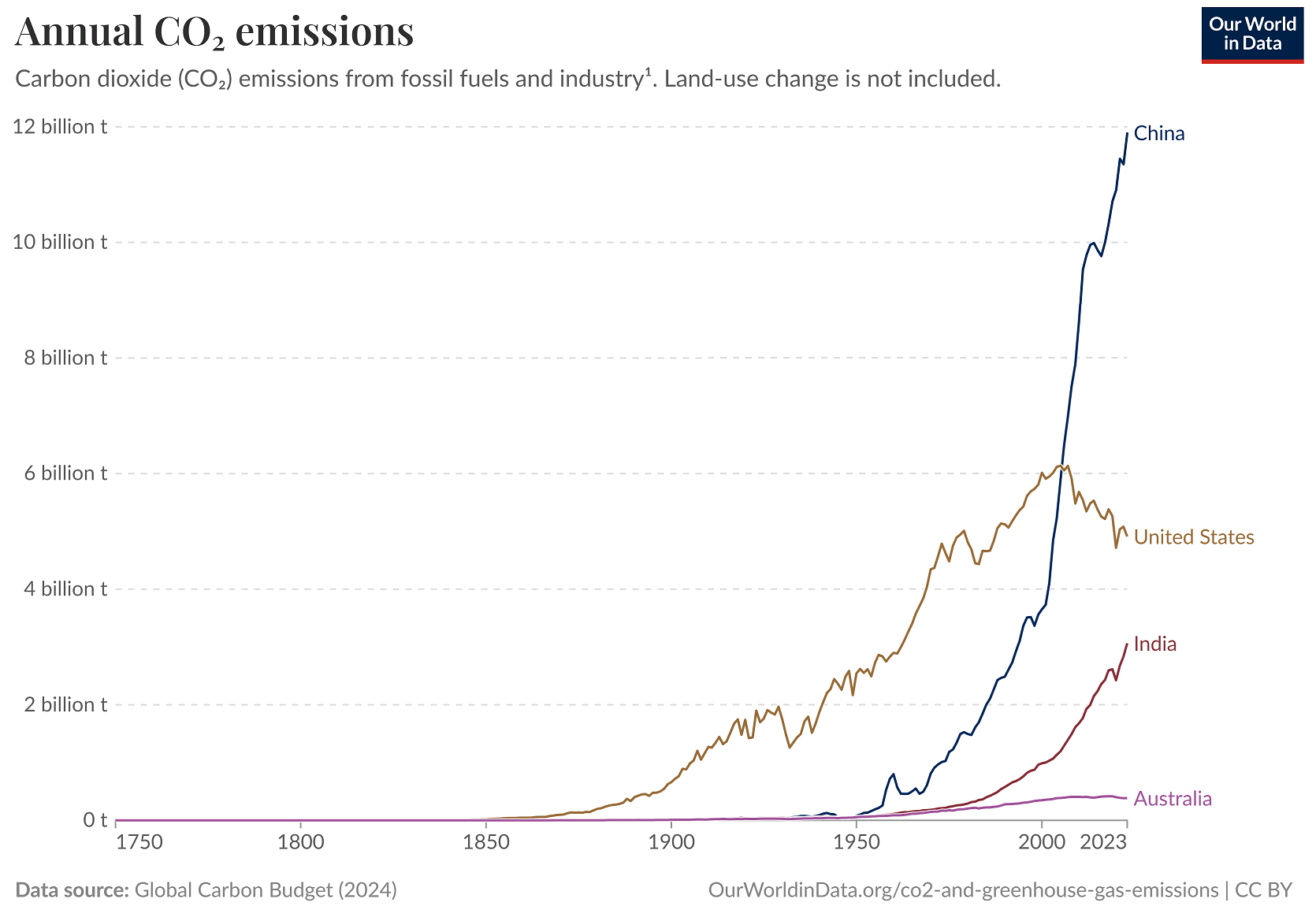
Now is the time to go to those companies extracting Australian gas and telling them that a fraction of that they use to liquefy the gas they export will now be reserved for use in Australia.
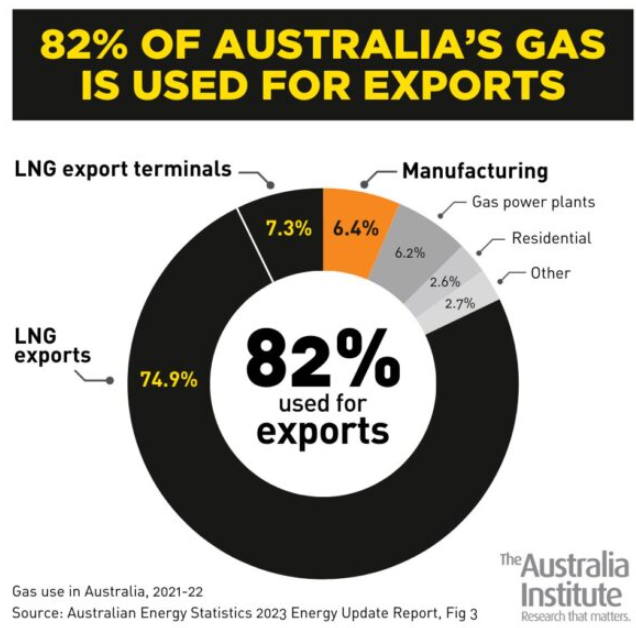
If they quibble, tell them you will change amortisation and investment laws. If they keep quibbling, tell them you will charge a levy on all northbound bound gas going into the Moomba gas field from NSW, Victoria, or South Australia. If they so much as look at funding anything dubious, have an inquiry into the security implications of the cartel.
For the new ALP government, the upside is deliverable within months. That rebate Jim Chalmers extended through until Christmas this year wouldn’t need to be extended again. One plank of tax and spend gone in an instant. That would tell the last skerricks of Australian manufacturing they can have energy cheap enough to enable them to compete. Just imagine a fresh ALP government being able to tell Australians to turn the heaters on when it gets nippy this winter, and that the ALP government is working on a longer term carbon-sensible approach in the medium to longer term.
Costs of Living
Only weeks ago, while on the hustings, Albo referred to ‘taking the piss’. The electorate that voted for him knew exactly what he was on about but couldn’t get why he was only referring to grocery retail – and for sure, Coles and Woolworths do like their piss.
Has anyone in the ALP government ever looked at a service charge from an electricity retailer? Does anyone in the ALP government pay any insurance on anything? Does anyone in the ALP government fly or drive families to distant locales for kids school holidays? Does anyone in the ALP government have kids in schools charging for items? Any piss aspect to that guys?
There is no easy answer to the cost of living crisis. But reducing energy costs and housing costs (see above) would be a handy start. After that, it will boil down to competition and accountability. The competition means getting rid of oligopolies, duopolies and monopolies. The accountability means getting rid of ‘service charges’ for household connections that have been there for 45 years and are never used. It also means punishing ‘to the householder’ letters informing of non-verified gas usage through connections that no longer exist, with an accompanying bill.
Place a head on a stick and tell corporate Australia to read the room.
Income increases
This is the tough one and this requires an economy that deserves the increase. That means it will take the longest. And that means that it is only a government with a majority like that, which the ALP now has, that could, and should (because Australia needs it, and there is no alternative) set off on the attempt to scale that summit.
This means overturning the houses and holes economy. It also means getting Australia off its government-funded employment addiction.
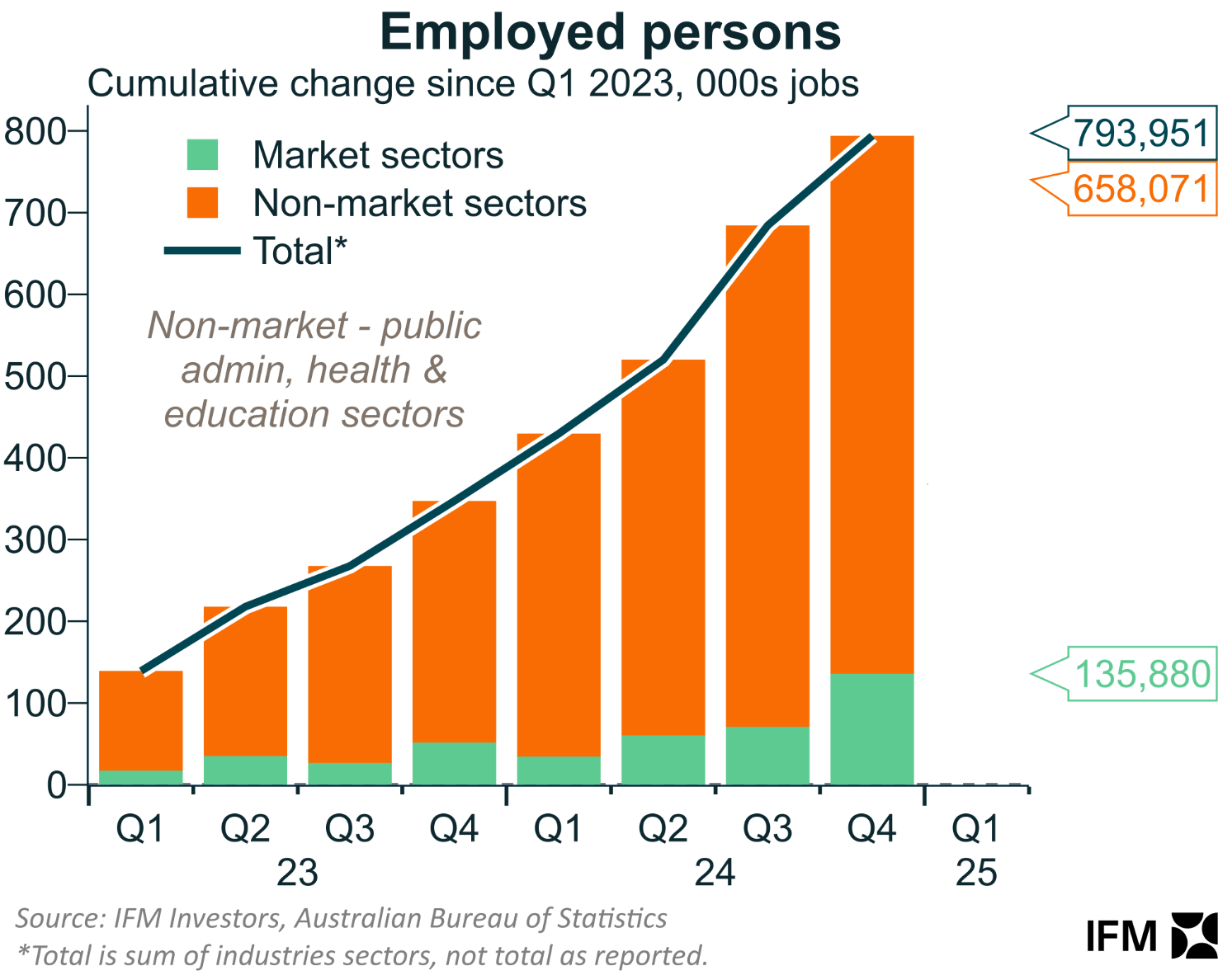
For sure the global backdrop is changing radically. But that, too, provides an opportunity. If the rest of the world is going protectionist, then almost nobody will notice if we do too.
The ALP already has a miniscule support policy for manufacturing. Now is the time to, in a policy sense, sit down and work out what competitive advantage we can enable Australians to have when they compete with the rest of the world.
Maybe that will be a national level inquiry, maybe that will be the Productivity Commission. Maybe that will be a series of political deals with other countries committing us to scratch their backs if they promise to encourage import competition or exporting production in Australia.
One way or another, Australia needs that economic sector. Maybe it’s solar energy, maybe it’s software, maybe it’s green steel, maybe it’s rare earths processing, or downstream food processing of Australian agricultural product. Maybe it is metals and alloys with advanced military applications, or drones, in a disturbingly agitated post-neoliberal world.
It should also mean getting rid of fake exports or fake competitive positions. About the most outrageous examples of income increases Australia has seen over the past decade have been University Vice Chancellors and executives, but the one sector of the economy that has become a millstone around Australia’s economic neck is the university sector—addicted to foreign students, selling only fake citizenships, making educations more expensive for Australians, while trashing educational standards. That needs reform.
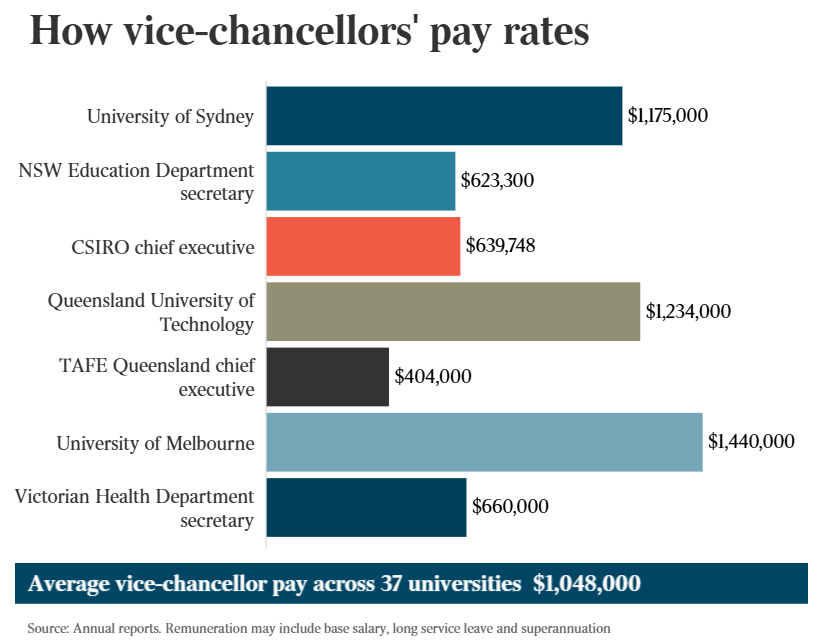
And that brings us to……
Immigration
The ALP knows Australians are concerned about immigration volumes. They have been frightened of doing anything about that—as have the Liberals pre-ALP—as the aggregate demand juiced by the heavy migration has been the difference between a per capita recession and a real recession.
At that point Australia’s governments (both LNP and ALP) have been on the horns of a dilemma. One horn reads ‘a real recession is electoral suicide’ and the other horn reads ‘heavy immigration only makes sense if there is a meaningful economic demand for it’.
The electorate, which has just pushed the hyperspace button to remove the Liberals and the Greens has been experiencing the real per capita recession on the one side, and on the other has been experiencing the heavy immigration where there is no economic demand for it apart from lower income increase pressures and adding to the scope for vendors to firm up their margins.
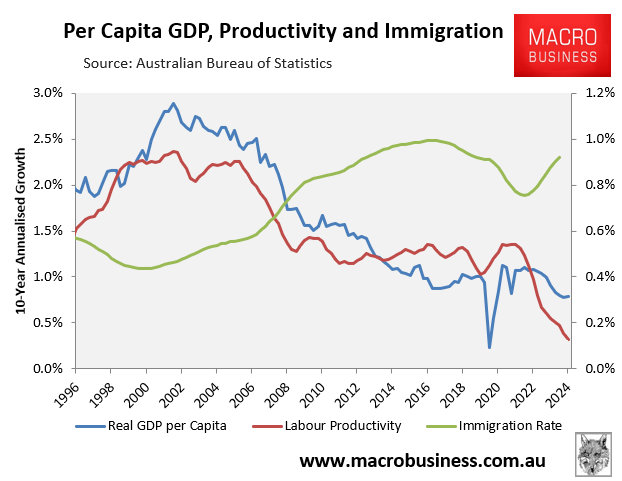
Even worse, in a nation being told it is amongst the worst greenhouse gas emitters on the planet, immigration has meant the bulldozing of the outer burbs for new housing and infrastructure.
The removal of the Greens with an open borders mindset and the Liberals of the ‘we are the only responsible financial and economic guardians of Australia’ mindset enables the ALP to completely reshape the socio-economic landscape. That has to start with an immigration setting that makes economic sense to the people in the suburbs.
It isn’t about telling people who are here and have become citizens they need to go home, but it is about telling them we need to reduce immigration to make the economy and society work for all of us.
It is about telling foreign students that taking university courses in Australia doesn’t mean an automatic right to Australian residence post-qualification unless we actually need that qualification— and it certainly doesn’t mean rights to buy houses.
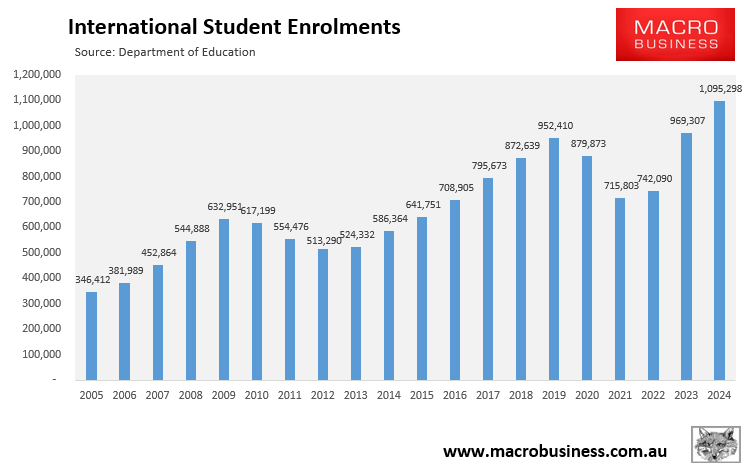
If Australia can get traction on a reshaped economy quickly, and that Australia needs real skills and employees, then we can import people once again. But for the here and now, it should mean that there is some restructuring underway and there will be at least a pause while we tidy up and make things work better at home for all of us currently here.
The choice of a new strongly positioned ALP government
If the newly positioned ALP government can prioritise and make inroads on any of the above, then it will boost the lives of many millions of Australians who have been doing some hard yards since the GFC.
According to the ABC, the ALP will win its massive majority with about 35% of the popular vote, with the Liberals wiped out with about 32% of the popular vote. The ‘others’ including both Greens and One Nation have about 33%.
Those numbers lend a priority to addressing the concerns of the electorate, and the concerns of the electorate are primarily economic. Tax reform should be looked at, and Superannuation questioned to see if it makes any sense at all for Australians under about the age of 50.
If the ALP subordinates addressing these issues while pushing a ‘progressive’ social agenda on an Australian electorate for whom such concerns are often very marginal, then the next logical step for Australia electorally is another hyperspace vote.